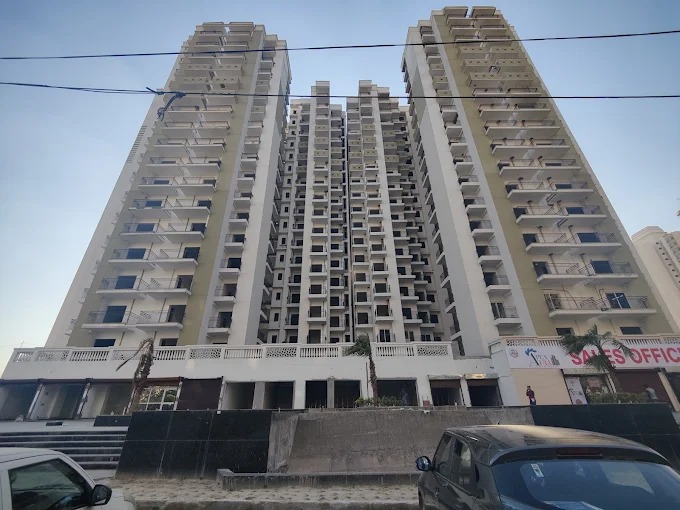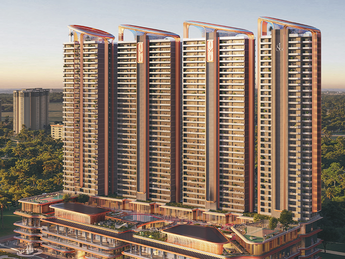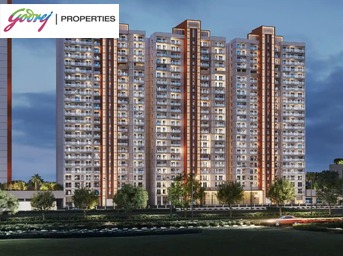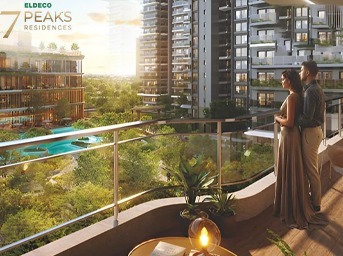Guide to investing in real estate: What parking demand may tell you about a home project
By Bricksnwall | 2025-11-12

The amount of parking needed can show that buyers are interested, mark off an area just for investors, and even make or break luxury property sales.
Parking spaces that sell quickly or are on
sale show buyer intent, investor confidence, and future occupancy trends. This
makes parking an important predictor of real estate investment. Real estate
experts say that the number and availability of parking spaces may have a big
impact on whether or not someone buys a home, and in certain situations, they
can even make or break a luxury deal.
Aishwarya Shri Kapoor, a real estate influencer, wrote on LinkedIn that parking is the most undervalued indication in real estate, not pricing or location. At the start of a project, fast-moving parking bays show what kind of buyer is interested: end-users, renters, or long-term holders. In places that are growing, strong uptake shows that investors are confident, that end-users are likely to move there, and that prices may go up. In mature markets, cheap or bundled bays may mean that there isn't much demand from end users and that the ecosystem is exclusively for investors.
"Smart investors ask, 'What's the
parking velocity?' when a project starts," she said. "Sales of
parking bays show how many buyers are end-users, renters, or long-term holders.
This is a shadow indicator of intent."
She also said that in locations that aren't developed yet, a lot of people parking aggressively usually means that investors are sure about the long-term prospects of the area. On the other hand, cheap or bundled bays can mean that end-users aren't very interested and that investors control the market.
The "bedroom minus one" parking theory
is all about parking as an investment.
Experts in real estate believe that parking
is now a significant sign of both investor and end-user demand for every home
project.
Investors often buy extra parking places to
rent or sell later at a higher price, whereas end-users usually want extra
spaces for their personal usage. Ritesh Mehta, Senior Director and Head (North
and West) of residential services and developer initiative at JLL India, says
that in a ₹35-crore apartment in Mumbai, each parking space can cost ₹25–30
lakh. Many buyers are willing to pay an extra ₹15 lakh or more to get more
spaces, either for their own convenience or as a smart investment.
Most high-end complexes follow the "bedroom minus one" rule for parking. A 3BHK usually has two parking spaces, whereas a 4BHK usually has three. He stated that in South Mumbai, a single parking space for complexes that cost more than ₹10 crore might cost over ₹25 lakh. For flats that cost between ₹3 crore and ₹10 crore, the price can range from ₹7 lakh to ₹10 lakh.
The number of parking spaces can make or
break a purchase for a luxury home.
Experts suggest that the availability and amount of parking places can have a big effect on whether or not someone buys a home, especially in cities like Delhi and Mumbai where parking is hard to find.
Ultra-rich consumers are picky and pay special attention to where they park. Options include surface, automated, or stacked/multi level parking, with most HNIs preferring surface slots. "The availability or absence of parking can make or break a sale. The wait time is also very important; the driver should get to the drop-off site in seconds, not minutes. Mehta says, "Deals have been canceled if developers don't provide the number of parking spaces that were asked for."
Real estate agents say that developers don't
offer parking spaces individually; they include the cost of parking in the
overall cost of the property. MahaRERA says that open parking places are free
of Floor Space Index (FSI), and developers can't sell or give away open parking
spots for money. But when it comes to covered parking, developers can ask
homebuyers for a fee.
Source: Hindustan Times







